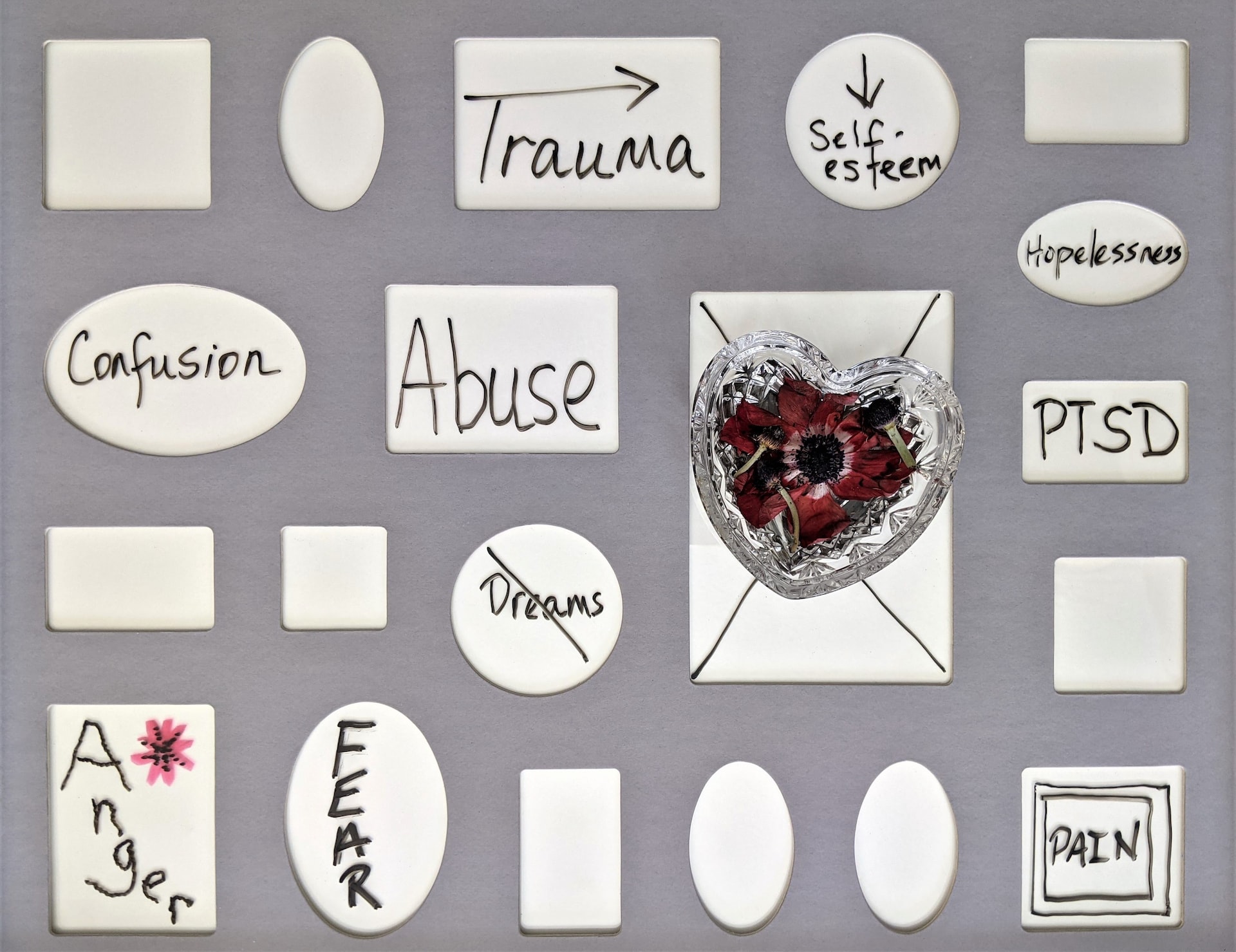A person may undergo or witness a traumatic event that leads to the development of post-traumatic stress disorder. While the symptoms of PTSD can vary, many people experience irritability and anger outbursts due to the condition.
Irritability and Anger Outbursts as Symptoms of PTSD
Irritability and anger outbursts are common symptoms and can be so destructive that they motivate the individual to explore overcoming PTSD triggers. Irritability can involve feeling easily annoyed or frustrated by things that normally would not bother a person. Anger outbursts can involve lashing out or reacting aggressively to minor annoyances or stressors.
These symptoms may be related to changes in the brain caused by PTSD. Traumatic events can alter how the brain processes emotions and lead to difficulty regulating emotions. This can result in irritability and anger outbursts as the person struggles to cope with his or her emotions.
Impact of Irritability and Anger Outbursts on Quality of Life
Irritability and anger outbursts can significantly impact a person’s quality of life and relationships. These symptoms can cause problems at work, school, and personal relationships. They can also lead to social isolation as people may avoid being around someone who is constantly angry or irritable.
Treatment for Irritability and Anger Outbursts in PTSD
Several treatments are available for irritability and anger outbursts in people with PTSD. These can include therapy and medication.
One can recognise and alter unhelpful ideas and behaviours with the use of cognitive-behavioral therapy. One type of CBT specifically for PTSD is dialectical behavior therapy, which focuses on helping people regulate emotions and improve relationships with others.
Medications can also help reduce irritability and anger outbursts. Antidepressants, such as selective serotonin reuptake inhibitors, can help reduce symptoms of anxiety and depression, which can contribute to irritability and anger. Other medications, such as mood stabilizers, can help regulate emotions and reduce the frequency and intensity of angry outbursts.
It is important to work with a mental health professional to determine the best treatment plan for an individual.
Coping with Irritability and Anger Outbursts
If you or someone you know is experiencing irritability and anger outbursts related to PTSD, it is important to seek help from a mental health professional. Treatment can help improve quality of life and symptoms. In the meantime, several coping strategies can help manage these symptoms:
- Practice relaxation techniques, such as deep breathing or progressive muscle relaxation, to help manage stress and emotions.
- Find healthy ways to cope with emotions, such as exercising, journaling, or talking to a trusted friend or family member.
- Avoid triggers contributing to irritability and anger, such as certain people or situations.
- Consider seeking support from a support group for people with PTSD.
Managing irritability and anger outbursts can be challenging, but it is possible with the right treatment and coping strategies. It is important to remember that these symptoms result from PTSD and are not personal flaws.
